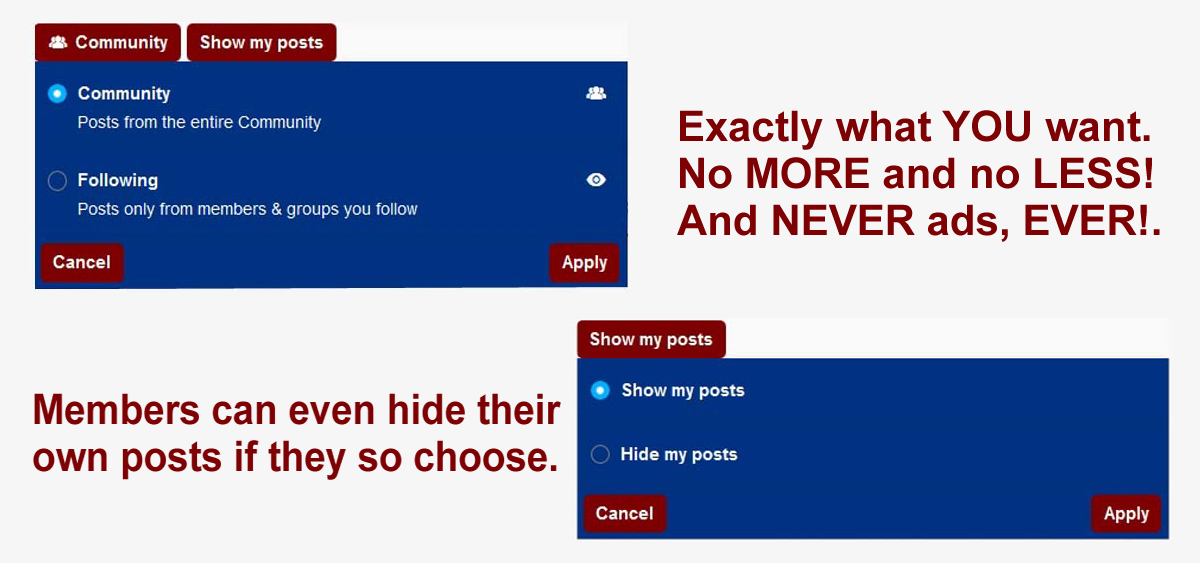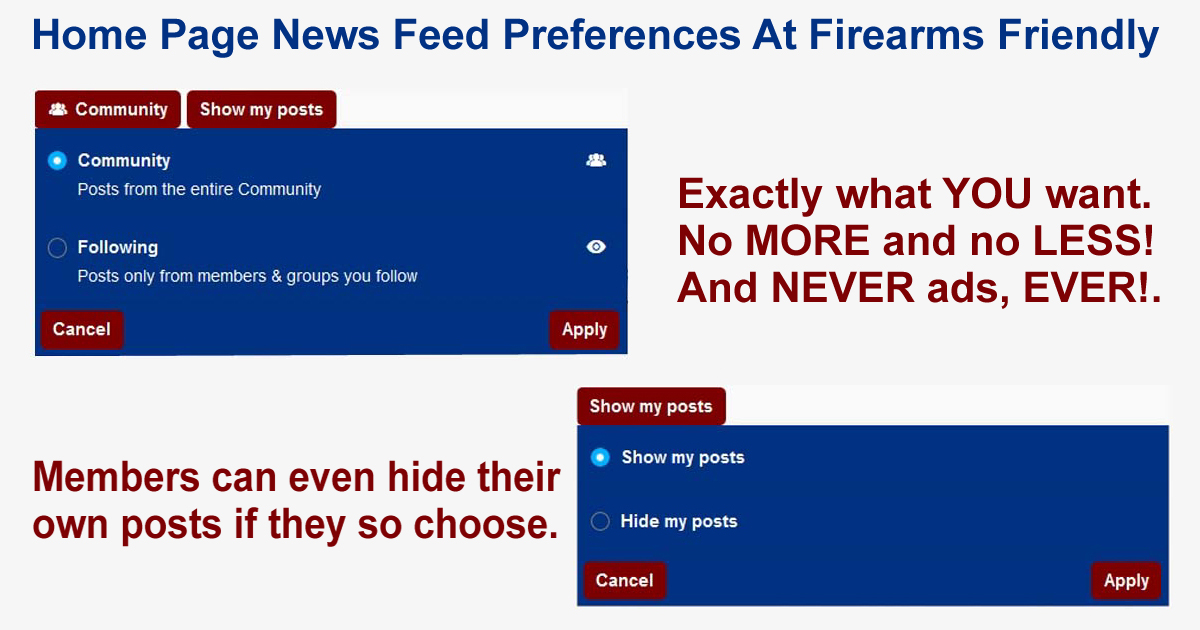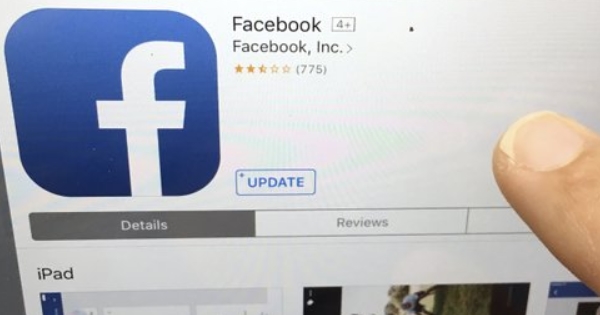 TheGuardian.com – How Facebook and Google threaten public health – and democracy
TheGuardian.com – How Facebook and Google threaten public health – and democracy
“The sad truth is that Facebook and Google have behaved irresponsibly in the pursuit of massive profits. And this has come at a cost to our health.
In an interview this week with Axios, Facebook’s original president, Sean Parker, admitted that the company intentionally sought to addict users and expressed regret at the damage being inflicted on children.
This admission, by one of the architects of Facebook, comes on the heels of last week’s hearings by Congressional committees about Russian interference in the 2016 election, where the general counsels of Facebook, Alphabet (parent of Google and YouTube), and Twitter attempted to deflect responsibility for manipulation of their platforms.
Sign up to the Media Briefing: news for the news-makers
The term “addiction” is no exaggeration. The average consumer checks his or her smartphone 150 times a day, making more than 2,000 swipes and touches. The applications they use most frequently are owned by Facebook and Alphabet, and the usage of those products is still increasing.
In terms of scale, Facebook and YouTube are similar to Christianity and Islam respectively. More than 2 billion people use Facebook every month, 1.3 billion check in every day. More than 1.5 billion people use YouTube. Other services owned by these companies also have user populations of 1 billion or more.
Facebook and Alphabet are huge because users are willing to trade privacy and openness for “convenient and free.” Content creators resisted at first, but user demand forced them to surrender control and profits to Facebook and Alphabet.
The sad truth is that Facebook and Alphabet have behaved irresponsibly in the pursuit of massive profits. They have consciously combined persuasive techniques developed by propagandists and the gambling industry with technology in ways that threaten public health and democracy. The issue, however, is not social networking or search. It is advertising business models. Let me explain.
From the earliest days of tabloid newspapers, publishers realized the power of exploiting human emotions. To win a battle for attention, publishers must give users “what they want,” content that appeals to emotions, rather than intellect. Substance cannot compete with sensation, which must be amplified constantly, lest consumers get distracted and move on.
“If it bleeds, it leads” has guided editorial choices for more than 150 years, but has only become a threat to society in the past decade, since the introduction of smartphones. Media delivery platforms like newspapers, television, books, and even computers are persuasive, but people only engage with them for a few hours each day and every person receives the same content.
Today’s battle for attention is not a fair fight. Every competitor exploits the same techniques, but Facebook and Alphabet have prohibitive advantages: personalization and smartphones. Unlike older media, Facebook and Alphabet know essentially everything about their users, tracking them everywhere they go on the web and often beyond.
By making every experience free and easy, Facebook and Alphabet became gatekeepers on the internet, giving them levels of control and profitability previously unknown in media. They exploit data to customize each user’s experience and siphon profits from content creators. Thanks to smartphones, the battle for attention now takes place on a single platform that is available every waking moment. Competitors to Facebook and Alphabet do not have a prayer.
Facebook and Alphabet monetize content through advertising that is targeted more precisely than has ever been possible before. The platforms create “filter bubbles” around each user, confirming pre-existing beliefs and often creating the illusion that everyone shares the same views. Platforms do this because it is profitable. The downside of filter bubbles is that beliefs become more rigid and extreme. Users are less open to new ideas and even to facts.
Of the millions of pieces of content that Facebook can show each user at a given time, they choose the handful most likely to maximize profits. If it were not for the advertising business model, Facebook might choose content that informs, inspires, or enriches users. Instead, the user experience on Facebook is dominated by appeals to fear and anger. This would be bad enough, but reality is worse.
Advertisement
Any advertiser can get access to any Facebook user over unsupervised, automated systems. Five million advertisers do so every month. The Russians took advantage of this first to sow discord among Americans and then to interfere in the 2016 election. Other bad actors exploited Facebook in other areas. One company surveilled protest groups and marketed that data to police departments.
Financial institutions were investigated for using Facebook advertising tools to discriminate on the basis of race. Facebook is not the only problem. Alphabet provides Chromebooks to elementary schools with the objective of capturing the attention, and perhaps even behavioral data, about children. At the same time, Alphabet’s YouTube Kids is a site filled with inappropriate content that creates addiction in children far too young to resist.
While optimizing for profit is understandable and generally appropriate, Facebook and Alphabet have caused harm that requires serious discussion and remediation.
Facebook and Alphabet assert they are not media companies and therefore are not responsible for what third parties do on their platforms. While that position might be reasonable from start-ups, it is not appropriate from companies who control seven of the top 10 platforms on the internet and exhibit the behaviors of monopolies.
Society regulates products that create addiction. We have laws to prevent discrimination and election manipulation. None of these regulations and laws has yet been applied to Facebook and Google. The time has come.”


















